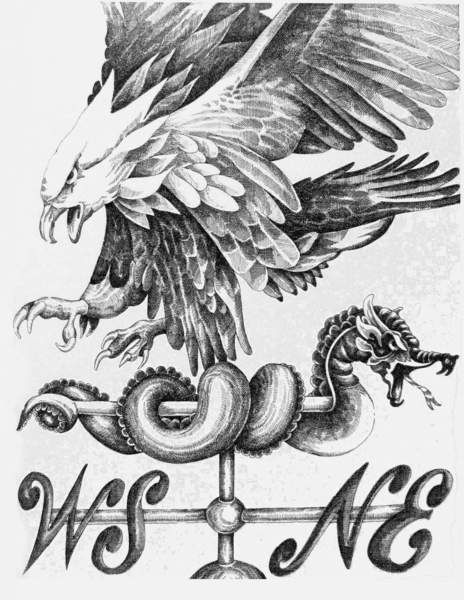Chinese tires give Obama his first trade test
Published 5:00 am Sunday, August 16, 2009

- Chinese tires give Obama his first trade test
Barack Obama campaigned on a pledge to cushion American workers from the effects of trade, but he has governed as a president who values close ties with the rest of the world.
A dispute over tires may soon force him to choose sides. In the first big trade case to land on Obamas desk, he must decide by Sept. 17 whether to impose a tariff on Chinese passenger-car tires.
Coincidentally, that deadline falls one week before a Group of Twenty summit in Pittsburgh, where Obama will want to be a gracious host to China and the other G-20 members. Pittsburgh, though, is also home to another group the president cant afford to ignore: the United Steelworkers union.
The Steelworkers, who represent about 15,000 workers in tire factories, complained in April that Chinese tire imports are costing American workers their jobs. The U.S. International Trade Commission backed their complaint last month and recommended heavy tariffs: 55 percent the first year, then 45 percent and 35 percent for the next two years.
The case then went to the U.S. trade representatives office, which held a hearing Friday and will offer advice to Obama.
The applicable U.S. trade law, called Section 421, allows the president to impose trade sanctions even if China has done nothing wrong. The Steelworkers merely had to show that the domestic industry has been harmed.
That wasnt difficult: The union counts 4,000 jobs lost in tire plant closings between 2004 and 2008, with 3,000 more expected this year. Tire imports from China have tripled since 2004, and domestic producers market share has shrunk from 63 percent to 50 percent.
Such injury deserves punishment, the Steelworkers argue.
Not so fast, says the Tire Industry Association, a trade group that represents retailers and distributors. If the supply from China dries up, the association says its members might be forced to lay off workers, and consumers would certainly pay more for their tires.
Whats more, punishing China wouldnt save the U.S. tire industry. Some of the Chinese tires are made by global firms like Goodyear, which could simply shift production to other countries.
Gary Hufbauer, a senior fellow at the Peterson Institute for International Economics, finds it notable that no U.S. tire producer joined the union in asking for relief from imports. Its a clue that if China is blocked out of the market, they (tires) are going to come from Brazil and Mexico. I dont think it is an appropriate use of U.S. trade law, he said.
Hufbauer adds that jobs saved in the tire plants will be offset by job losses at the firms handling imports and at companies selling other consumer goods. If consumers have to pay more for tires, after all, theyll have less money to spend on other things.
Its not going to be a job-gain story at the end of the day, and it may well be a negative, Hufbauer said. At best, its going to be a wash.
Under Section 421, Obama isnt bound by the ITCs ruling. He can do more or less than the commission recommended, or he can do nothing. This is very much a test case for how Obama leans on trade issues, Hufbauer said. He is torn between his internationalist instincts, which are clearly quite strong … and his union backers.
Lets hope that by the time of the G-20 summit the president is still viewed as a courageous leader, not the political captive of a narrow special interest.





